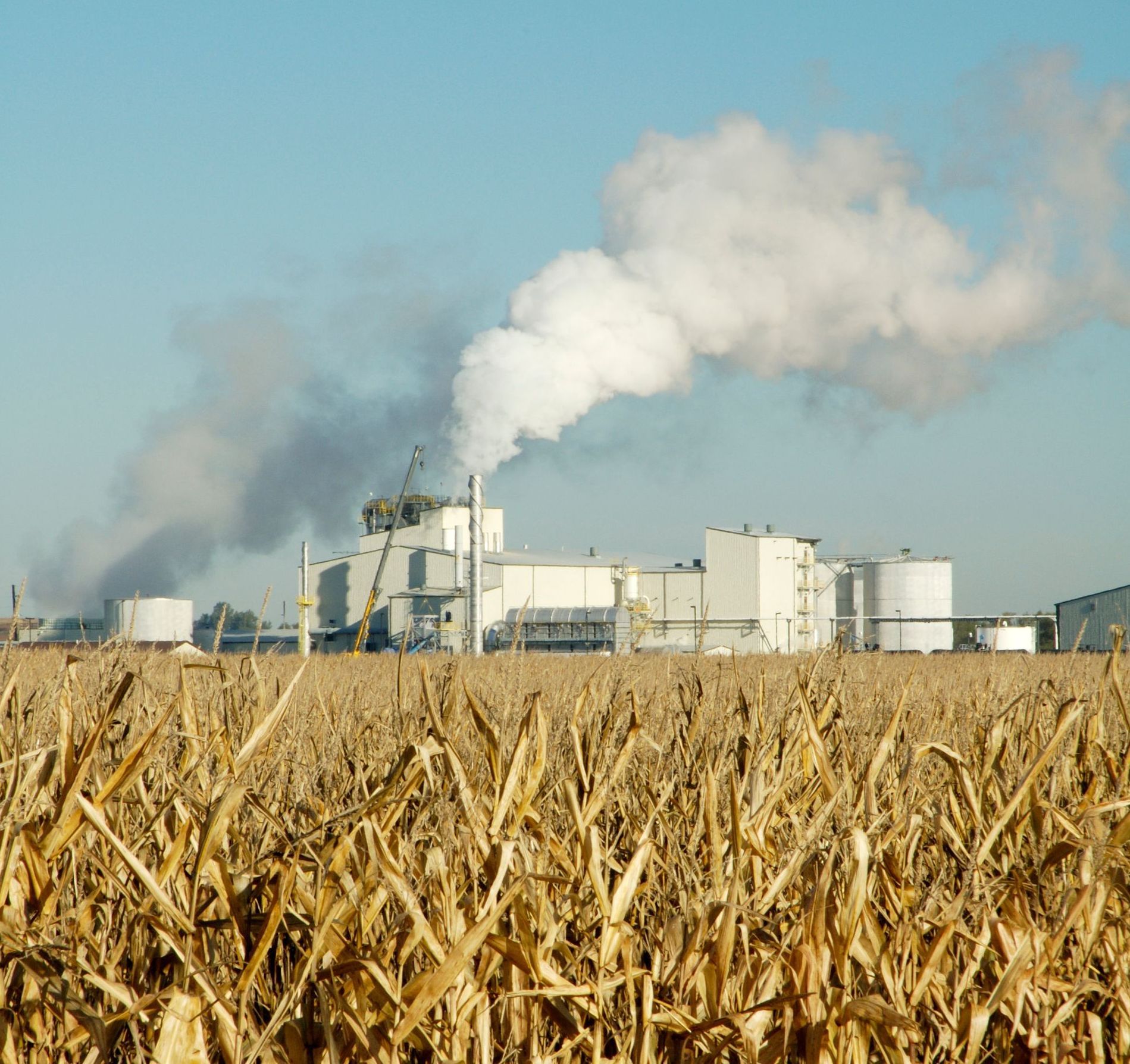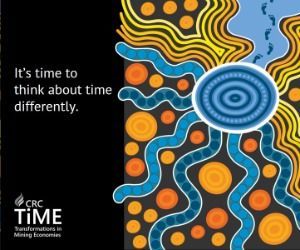1MG FlippingBooks
Unlocking Australia’s bioenergy potential
Bioenergy can fuel Australia’s energy transition while also creating jobs in regional communities, writes Angelo Dabala.

Like the rest of the world, Australia faces an immense undertaking in meeting its climate ambitions. We need to not only reduce emissions, but also change our relationship with the natural environment. How we produce and use energy can be a big part of that change; renewable energy is a key that is slowly being turned.
Wind, solar, wave, and bioenergy are some of the renewable energy sources that will need to be deployed at large scale to support this transition, and we need them all. My specific area of interest is bioenergy, which can have an enormous impact on our energy transition, while also meeting many of our social and environmental needs for the future.
Bioenergy – energy produced from organic material – is as old as humankind. Today, we can produce bioenergy sustainably by capturing all the energy,
emissions, and residues, and putting these to further use or recycling them.
A product of this process can be biofuels, renewable replacements for fossil fuel-derived petrol, diesel, and aviation fuel. Producing bioenergy and biofuels from crop residues or organic refuse can form a bioeconomy which enables a continuous cycle of organic growth, carbon capture, and product reuse.
A simple practical example is biofuels from crop residues such as straw. Straw is a byproduct of cereal production from crops such as wheat, barley, and oats, and in Australia there are millions of tons of straw available every year.
Using commercially available technology and processes, straw can be turned into biofuels, which can be used to produce energy and power the machines used in cereal production. Hence, a circular bioeconomy.
One specific impact of bioenergy that is particularly important for Australia is jobs creation for regional communities. Bioenergy must be made near feedstock, and that requires regional locations and people to support it. It’s win-win for energy transition and regional development.
Australia and the world have committed to replacing fossil fuels but to effect this seismic change we will need billions of tonnes of bioenergy, biofuels, and renewable energy. Fortunately, we have the feedstock supplies and the technology available as well as the incentive.
As with most large complex problems facing humanity, formulating a successful plan of action that performs at scale requires many social, political, industrial, and commercial forces to come together as a cohesive whole. This is a challenge for all of us.
Angelo Dabala is the CEO of Renewable.bio, a bioenergy and carbon sequestration company.










